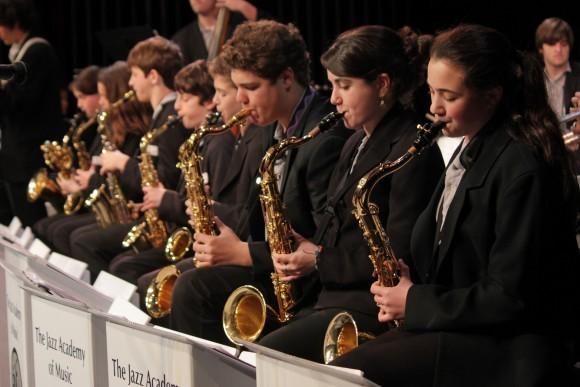Observing a pianist at a recital – converting musical notations into precisely timed finger movements on a piano – can be a powerful emotional experience.
As a researcher of neuroscience and a pianist myself, I understand that the mastering of this skill not only takes practice, but also requires complex coordination of many different brain regions.
Brain regions – that are responsible for our hearing, sight and movement abilities – engage in an amazing symphony to produce music. It takes coordinating both hands and communicating emotionally with other players and listeners to produce the magical effect. The combination of such demands is likely to influence brain structures and their functions.
In our lab, we want to understand whether music training during childhood improves brain functions for processing sound more generally. These functions are important for the development of language and reading skills.
Music Training and Brain
Over the past two decades, several investigators have reported differences in the brain and behavior of musicians compared to nonmusicians.
Music training has been found to be related to better language and mathematical skills, higher IQ and overall greater academic achievement. Also, differences between musicians and nonmusicians have been found in areas of the brain related to hearing and movement, among others.


